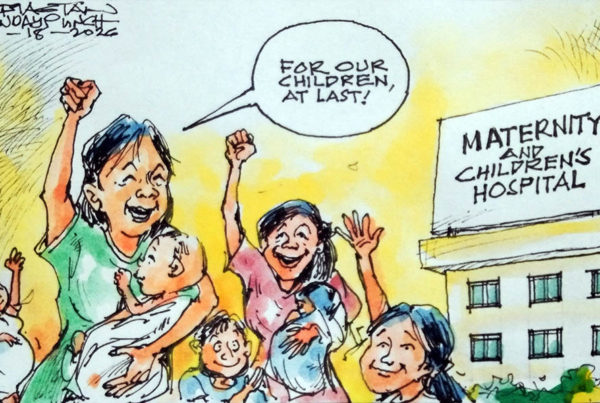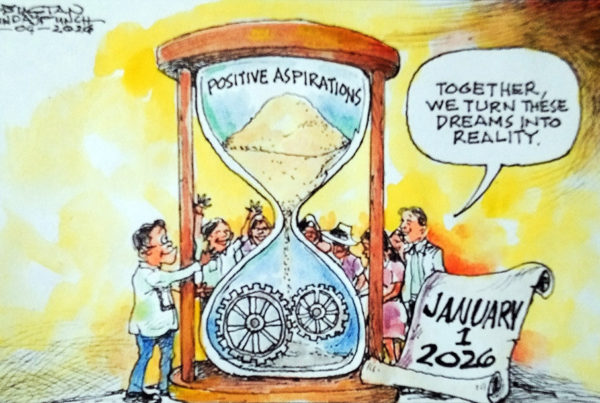Editorial
Taxes demand accountability
TAX is never a painless issue.
Payers, both individuals and businesses, are wont to cringe at parting with a portion of their income despite knowing and understanding that taxation is the lifeblood of government as it needs funds to pay for public services rendered as expected of it. What makes it more palatable for taxpayers to remit their dues is when the government acts responsibly in the use of public money and the people are made to feel that they are important contributors in development. People have a responsibility to pay taxes and in turn, taxes demand accountability from the government.
In Dagupan, unfortunately, there is a clear disconnect between those who govern and the governed who pay the valuable taxes. With the way things are today, accountability only rests with those from whom taxes are due. Private schools, for example, have been willingly paying business taxes for the last decade, but they have been recently forced to take a combatant stance after Mayor Benjamin Lim labelled them “tax cheats” and took steps to increase the amount they are supposed to pay. As a result, it has come to the fore that the city government appears to have no legal basis to begin with in collecting taxes from the private schools. The matter awaits resolution, and if the private schools are vindicated, the city government stands to lose income from one of the biggest industries in this city considered as the economic and educational center of the province.
The city hall, on the other hand, refuses to be accountable for the use of the revenues from taxes. The reported anomalies and corruption in the city – and the list is not short – are understandably making people resist payment of taxes. All the more that taxpayers can be expected to be defiant when the local government puts them in a position where they do not feel that they are partners towards progress.
* * * * * *
Absolute
AGAIN, that thing called freedom of expression. Simply, it means we are free to express our thoughts, through art, writing or otherwise. But even the Constitution tells us a freedom is not absolute. While freedom may give us the right to offend morals, customs and traditions in society, even a race or creed, it doesn’t give us the license to do it in public.
That painting that recently triggered the abrupt ending of an art exhibit at the CCP in Pasay City is one glaring example. The work in question clearly disrespected Jesus Christ, the Virgin Mary and the Holy Family as a penis was on Jesus’s forehead and a condom placed hanging on the Cross. The painter had the freedom to do all that. However, his freedom did not extend to an exhibition of his work in a place owned by the general public, such as the CCP.
Had the work been exhibited in a private gallery, a furor might have been avoided.
Again, the lesson: Nothing is absolute.









